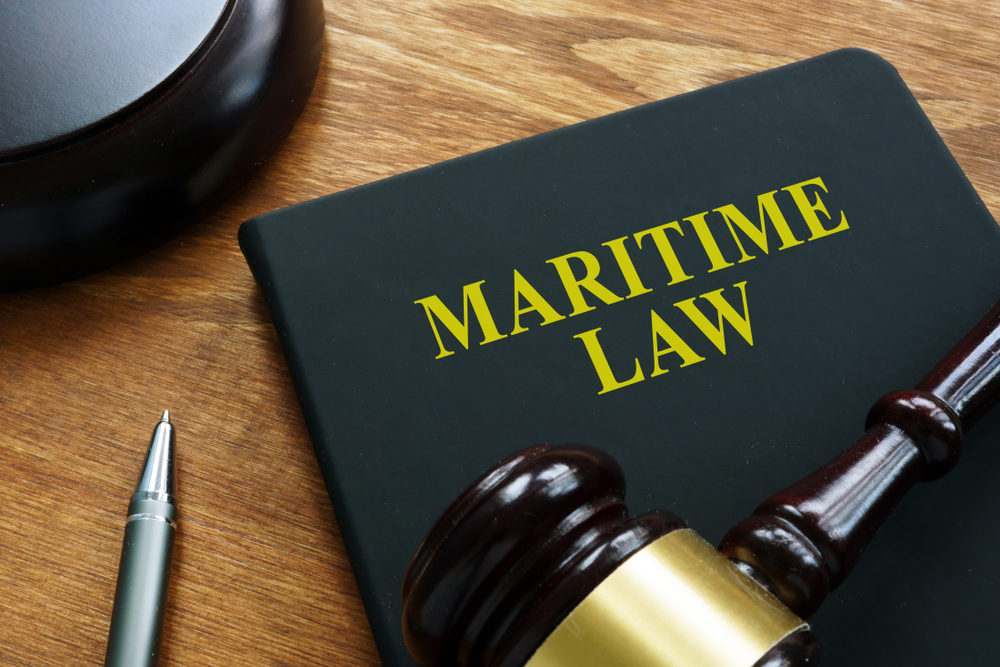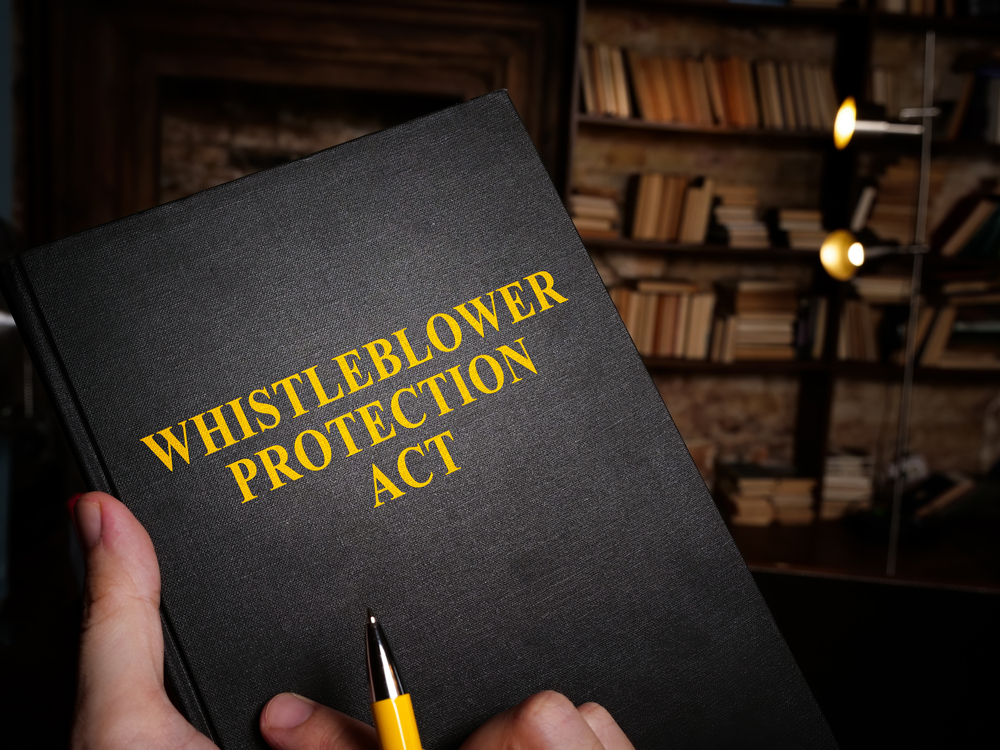 The internet provides a seemingly limitless forum for consumers to voice their complaints and warn others about their negative experiences with professionals, businesses and service providers. But, be careful about what you post. When online rants go to far, posters may find themselves defending against defamation lawsuits.
The internet provides a seemingly limitless forum for consumers to voice their complaints and warn others about their negative experiences with professionals, businesses and service providers. But, be careful about what you post. When online rants go to far, posters may find themselves defending against defamation lawsuits.
That is precisely what happened to Justin Hamel of Howell, Michigan. Hamel was unhappy after paying $18,000 to Paulson’s Construction for a bathroom remodeling project. He was not happy with the work Paulson’s did, and turned to the internet to voice his complaints. Hamel ranted about the poor quality of the job done by Paulson’s on Facebook, Pinterest, Houzz.com and other websites. He posted pictures, and even went so far as to create websites himself using domain names that included the company’s name and the first and last names of company’s owner, Paul McClorey.
And, that is when Paulson’s fired back, filing a defamation lawsuit against Hamel. According to court documents, Paulson’s and McClorey alleged that Hamel’s online comments hurt its business reputation and led to a loss of over $200,000 in profits. The comments included statements such as, “Does not care about details. Only cares about cashing checks.” Hamel filed a counter suit against Paulson’s et al, and the two sides later settled their claims for an undisclosed amount.
Meanwhile, similar lawsuits are being filed around the country. And consumers continue to use websites such as Angie’s List, Yelp, Trip-Advisor and Amazon to rate, rank and rant about book sellers, doctors, lawyers, hotels and every other kinds of service or product that you can imagine.
According to University of Michigan Law School professor, Len Niehoff, “People expressing negative opinions about restaurants, hotels, stage performances, the quality of service they receive have been doing that for a long time. Where we are now is everyone is a publisher. It used to be very few people and very few entities reached large audiences. Now through Twitter or Facebook, it’s very simple for people who are not professional journalists to reach thousands of other individuals. Generally speaking, those private individuals are subject to the same laws and standards as professional journalists.”
To prove a defamation case in Louisiana, a plaintiff must prove five essential elements: (1) defamatory words, (2) publication, (3) falsity, (4) malice, and (5) resulting injury. Defamatory words are words which tend to harm the reputation of another, such that it lowers him or her in the estimation of the community or deters third persons from associating with him or her.
Defamation lawsuits are generally brought in order to recover damages for lost business or injuries to ones reputation. Plaintiffs also seek to have the alleged defamer take down their comments or stop posting new criticisms. Websites that serve as the forum for people’s comments themselves are protected under the federal Communications Decency Act, Section 230.
Of course, free speech is generally protected by the First Amendment, including online speech. However, defamatory speech can serve as another restriction on speech just like extortion or yelling fire in a crowded theater. So, be careful what you post.
Free Case Evaluation
More About HHK
Other News
Offshore work is one of the most dangerous professions in […]
After someone suffers sexual abuse, what happens next? One common […]
Court Says Louisiana “Lookback Window” Clergy Abuse Lawsuit Against Diocese of Lafayette Can Proceed
The Louisiana Third Circuit Court of Appeal upheld a lower […]
The nervous system is a complex network of specialized cells […]







